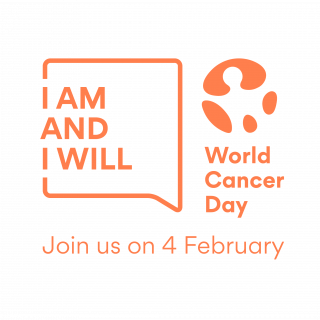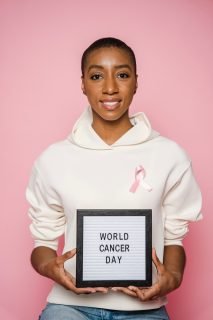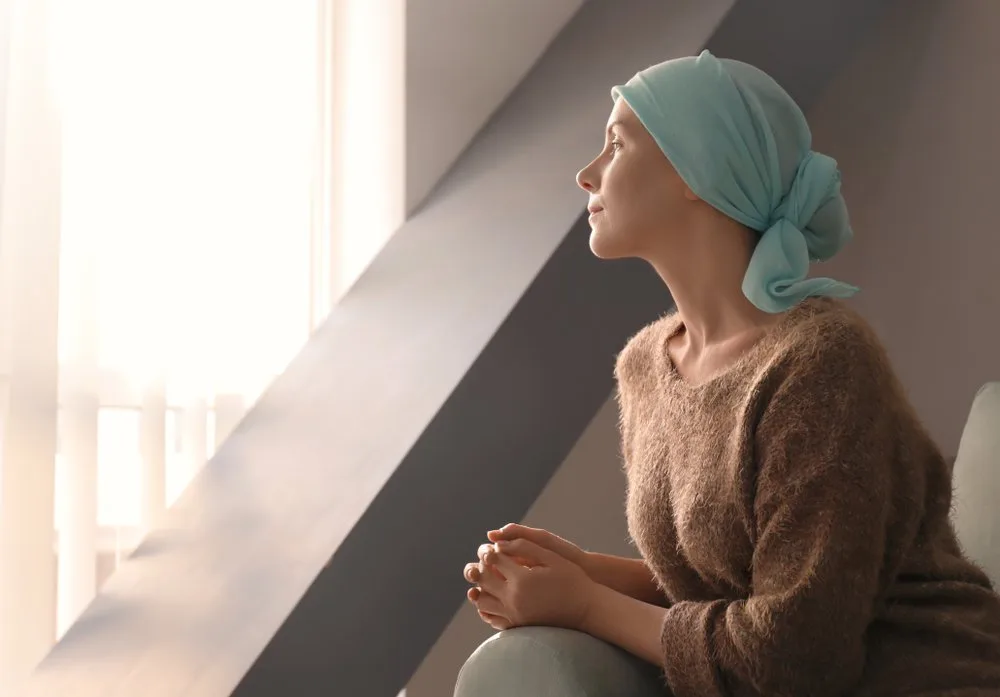What is World Cancer Day?

Today, 4th February 2021 is World Cancer Day. This is an initiative of “the Union for International Cancer Control” which is the oldest and largest international cancer organization in the world. World Cancer Day has happened every February 4th since its conception in 2000. The aim of World Cancer Day is to raise awareness about and improve education around cancer.
Cancer is the second most deadly disease and each year, around 9.6 million people will die from it. Many of these deaths are preventable. In fact, according to the World Cancer Day website “at least one-third of cancers” are actually preventable.
How can I help?
The campaign for World Cancer Day 2021 is ‘I Am and I Will’. The campaign aims to show just how much of an impact we can have when we come together. To help this world cancer day, you can join the conversation on social media. This can be done by adding a banner to your website or personalizing a poster for your social media. If you are going to post on platforms like Instagram or Twitter, make sure to tag ‘World Cancer Day’ and add the hashtags below to your post. You can also help by starting a conversation with your family and friends about cancer. If you can afford to, you can donate here: https://www.worldcancerday.org/donate-today.
You can also:
- Find a World Cancer Day event near you and sign up to attend, participate, or volunteer
- If you have a blog or YouTube channel, spread the word on your platforms
- Make sure to use the hashtags: #IAmAndIWill #Cancer #WorldCancerDay
What is cancer?
The word cancer is used as an umbrella term and actually refers to a group of more than 100 diseases. Cancer can develop almost anywhere in the body.

Photo by Klaus Nielsen from Pexels
In a healthy body, the cells grow and divide to create new cells. With cancer, what happens instead is that genetic changes interfere with this process and the cells begin to grow uncontrollably. This uncontrollable growth results in tumors which can be either benign (noncancerous) or malignant (cancerous). Although when we think of cancer, we tend to associate it with tumors, not all cancer cells develop into tumors. Some will instead move through the bloodstream or lymphatic system. This process is called “metastasis”. These cancers are generally considered more dangerous and more advanced than those that have yet to metastasize.
Different Types of Cancer
Different types of cancers are named according to where they are established as well as what type of cell they come from. For example, if cancer originates in the breasts but spreads to the lungs, it’s still breast cancer.
There are also different types of cancers:
- Carcinoma: starts in the skin or tissues
- Sarcoma: refers to a cancer of the connective tissues such as bones, muscles, cartilage, and blood vessels.
- Leukemia: cancer of the bone marrow
- Lymphoma and Myeloma: cancers of the immune system
Why it’s important to catch it early
Cancer screening can aid doctors in finding cancer whilst it’s still in its earliest stages. This is vital because the less cancer has spread, the “easier” it is to treat and early treatment increases the survival rate substantially Screening is designed to detect cancer before any symptoms even appear. If you have a family history of cancer, screening is a good idea. Usually, by the time symptoms appear, the cancer is more advanced and much more challenging to treat and will usually require more aggressive forms of treatment.
How can I reduce my risk?
 Adjusting your lifestyle choices can substantially reduce your risk of cancer. Smoking and unprotected exposure to the sun increases your risk of cancer. You may want to limit any ‘outside forces’ that might increase your risk and negatively affect your health. This can be done by maintaining a healthy lifestyle: eating a healthy diet and exercising regularly. When you go outside in the sun, wear a hat and make sure to apply a good sun cream with a high SPF.
Adjusting your lifestyle choices can substantially reduce your risk of cancer. Smoking and unprotected exposure to the sun increases your risk of cancer. You may want to limit any ‘outside forces’ that might increase your risk and negatively affect your health. This can be done by maintaining a healthy lifestyle: eating a healthy diet and exercising regularly. When you go outside in the sun, wear a hat and make sure to apply a good sun cream with a high SPF.
Although you should do everything in your power to avoid cancer, there is still a risk. The direct cause of cancer is cell mutation and this can be genetic. If you have someone in your family who has had cancer, it’s a good idea to chat with your doctor about how you should proceed. The risk of cancer also tends to increase with age.
Other ways to reduce your risk of cancer:
Eat more cruciferous vegetables: Contain a compound called sulforaphane which reportedly has “potent anticancer properties”. In test-tube and animal studies, this has been linked to as much as a 75% in the number of breast cancer cells and a reduction in prostate cancer tumor size of 50%. Cruciferous vegetables include broccoli, brussels sprouts, cabbage, kale, and watercress.
Lose some weight: Excess weight, especially weight around your middle, can increase your risk of cancer. Belly fat can increase your risk of breast, colon, uterus, pancreas, esophagus, and gallbladder cancers. This seems to be a result of the fact that fat cells release a substance that encourages the growth of cancer cells.
Reduce your alcohol intake: Unfortunate as it may be, drinking too much alcohol does increase your risk of cancer. Overconsumption of alcohol has been linked to an increased risk of mouth, breast, liver, and esophagus cancers. This doesn’t mean that you can’t drink, just make sure that you do so in moderation.
Vaccination: There are HPV vaccines available that protect against cancers of the cervix, vulva, vagina, and anus. You should be vaccinated between the ages of 9 and 26.
References:
https://www.cancer.net/navigating-cancer-care/cancer-basics/what-cancer
https://www.worldcancerday.org/sites/default/files/2020-09/WCD21_ActionToolkit_FA_ENG.pdf



![women [longevity live]](https://longevitylive.com/wp-content/uploads/2020/01/photo-of-women-walking-down-the-street-1116984-100x100.jpg)










